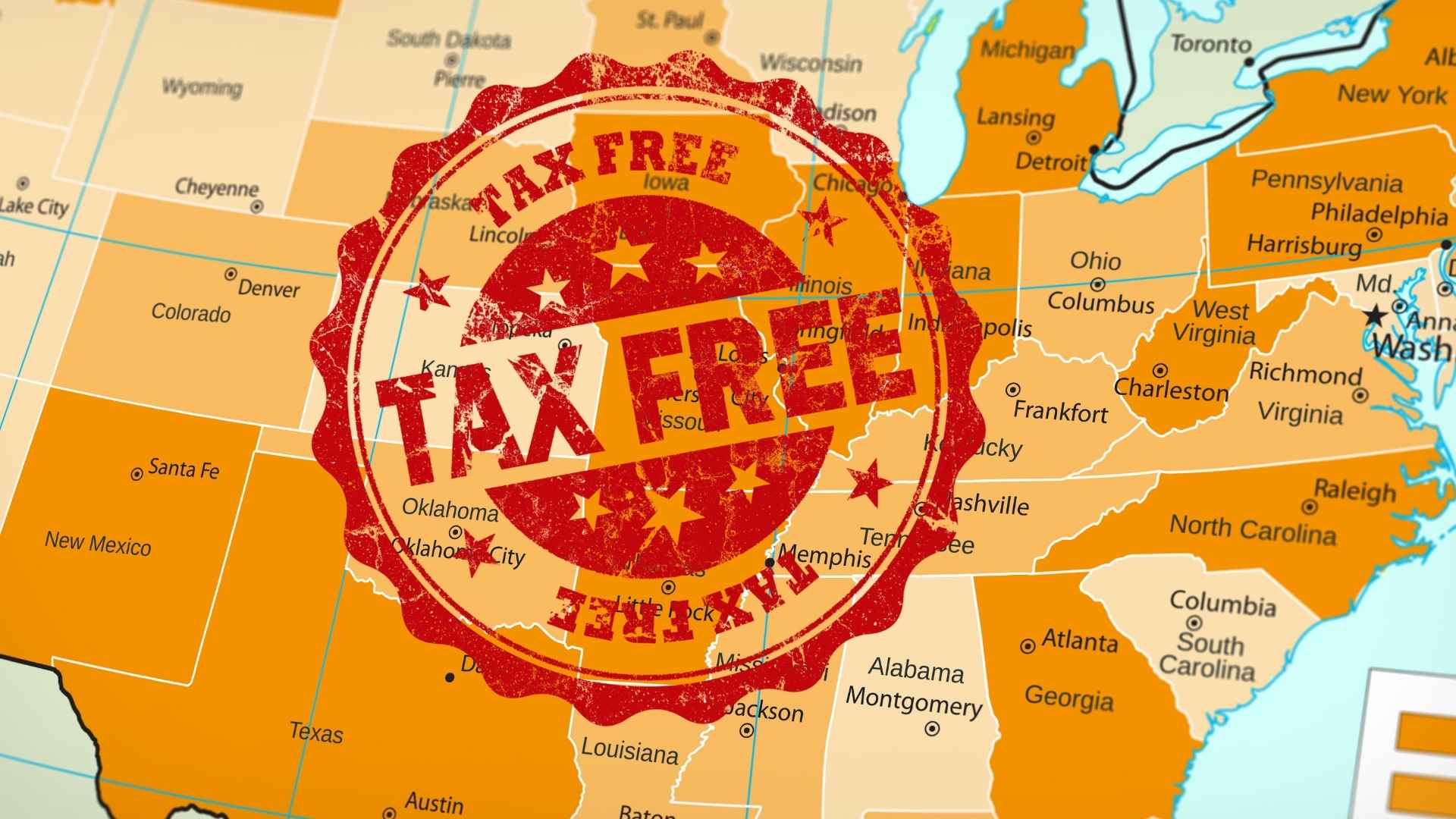Congress weighs wider relief for retirees even as a handful of states keep levies in place.
Millions of Social Security recipients may soon pay less to the IRS, yet state tax bills could still bite. Lawmakers are debating the One Big Beautiful Bill Act, which cleared the House by a single vote and now faces the Senate’s gavel. Its headline feature: a temporary deduction worth up to $6,000 per person age 65 and older.
For retirees living solely on federal benefits, the promise sounds huge—so what’s the catch? Even if Washington trims its share, state revenue departments set their own rules. Nine jurisdictions still tax at least part of those monthly checks, and only one, West Virginia, has a firm plan to phase the levy out by 2026.
How the One Big Beautiful Bill Act could boost disposable income for older Americans
Under current federal law, up to 85 percent of benefits become taxable once income passes $34,000 (single) or $44,000 (married). The Senate version of the bill would temporarily raise the standard deduction for seniors, effectively sheltering an extra slice of their retirement money. Supporters say the change could offset rising Medicare premiums and grocery prices. Critics counter that the measure expires in three years, potentially reviving the same headaches down the road.
Which states still tax your Social Security and what each one currently allows or denies
Before you celebrate, check your ZIP code. Most states leave benefits alone, but these nine still dip into the pot:
- Colorado
- Connecticut
- Minnesota
- Montana
- New Mexico
- Rhode Island
- Utah
- Vermont
- West Virginia
The details vary widely, as the table below shows.
| State | Current taxable threshold or credit | Key 2025 change (if any) |
|---|---|---|
| Colorado | Full exemption at 65+; younger residents must meet AGI test | Ages 55‑64 get full break if AGI < $75k ($95k joint) |
| Connecticut | Full break below $75k/$100k; 0–25 % taxed above | No announced change |
| Minnesota | Sliding exemption up to full taxation | Income limits rise with inflation |
| Montana | Follows federal formula | No announced change |
| New Mexico | Full break below $100k/$150k | Thresholds under review |
| Rhode Island | Exemption once full retirement age reached, income below $104,200/$130,250 | Indexed to inflation |
| Utah | Credits phase out above $45k/$75k | Credit amounts rise modestly |
| Vermont | Full break below $50k/$65k; phased tax up to $60k/$75k | Lawmakers debating full repeal |
| West Virginia | Phasing out by 2026 | 2025 brings further 35 % reduction |
Consequently, two neighbors might receive identical federal checks yet face different bottom lines on April 15. Frustrating? You bet.
Steps retirees can take now to lower their potential tax hit before new rules arrive
First, tally all retirement income—pensions, part‑time wages, even municipal bond interest—to see where you land against each threshold. Next, consider shifting withdrawals among IRAs, Roth accounts, or health savings plans to stay under state limits. Finally, watch your legislature; several chambers, notably in Utah and Vermont, are debating fresh exemptions. Could a quick phone call to a lawmaker save you a few hundred dollars a year?
The federal deduction in the One Big Beautiful Bill Act could cushion seniors’ wallets, yet state policies will continue to decide who keeps what. Keep an eye on local bills, mind your income mix, and don’t assume Uncle Sam’s break guarantees state‑level relief.

